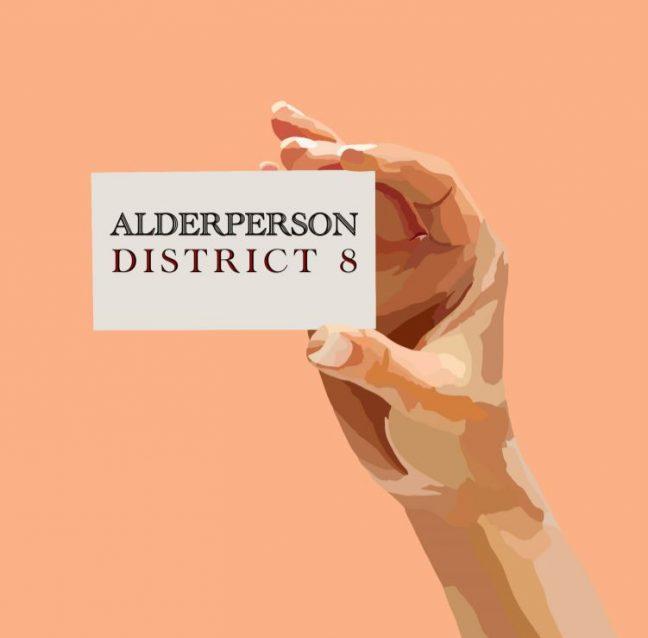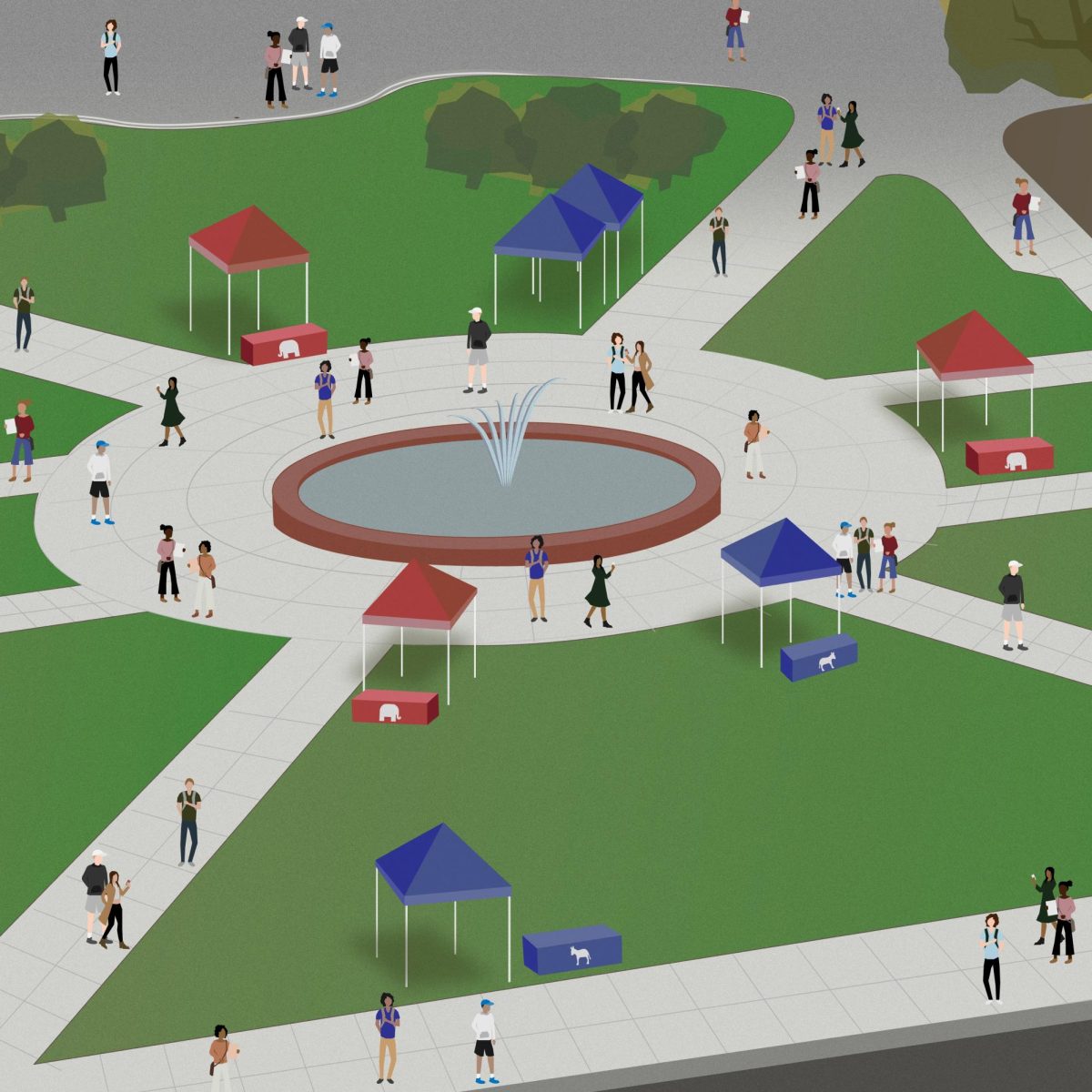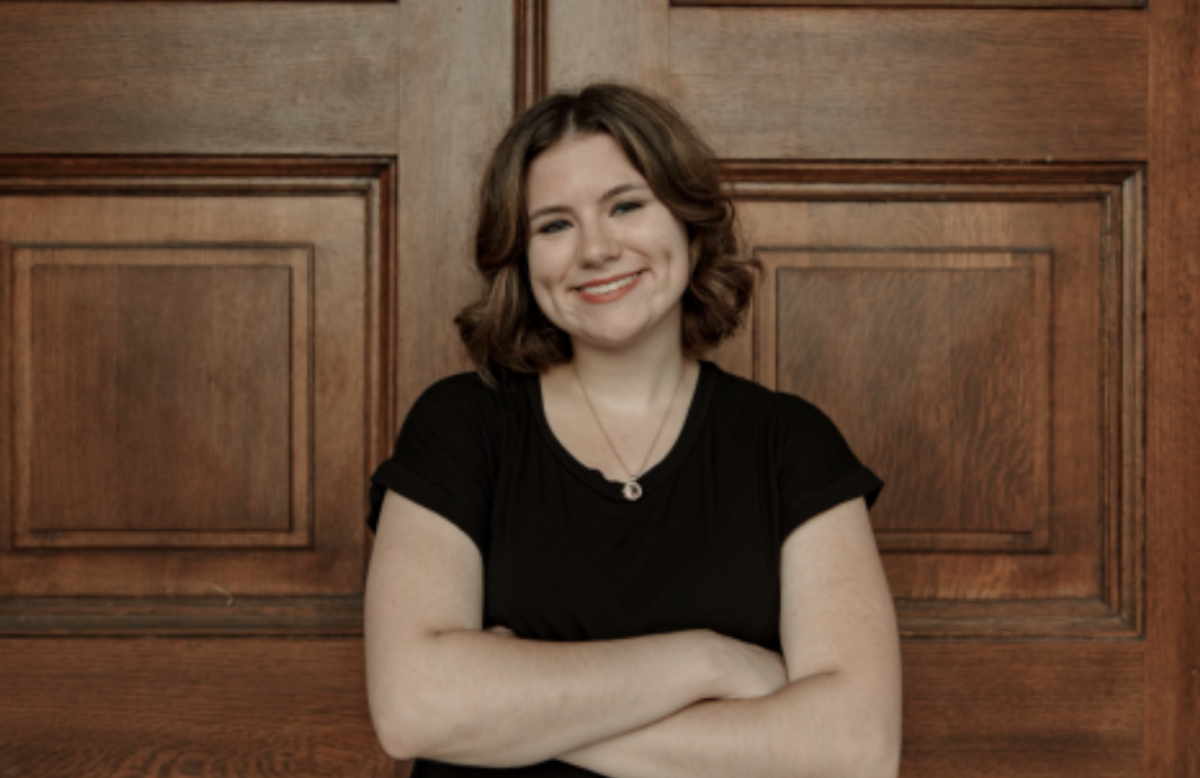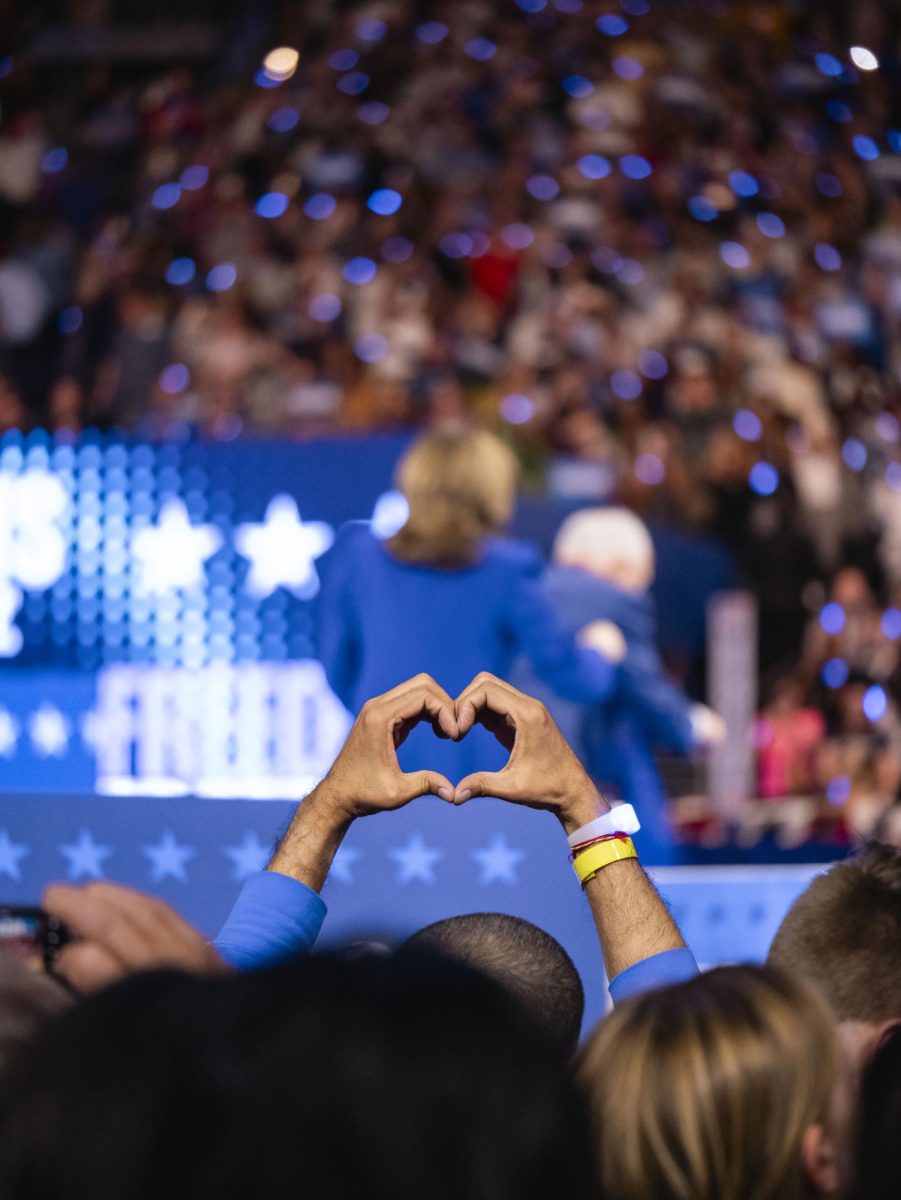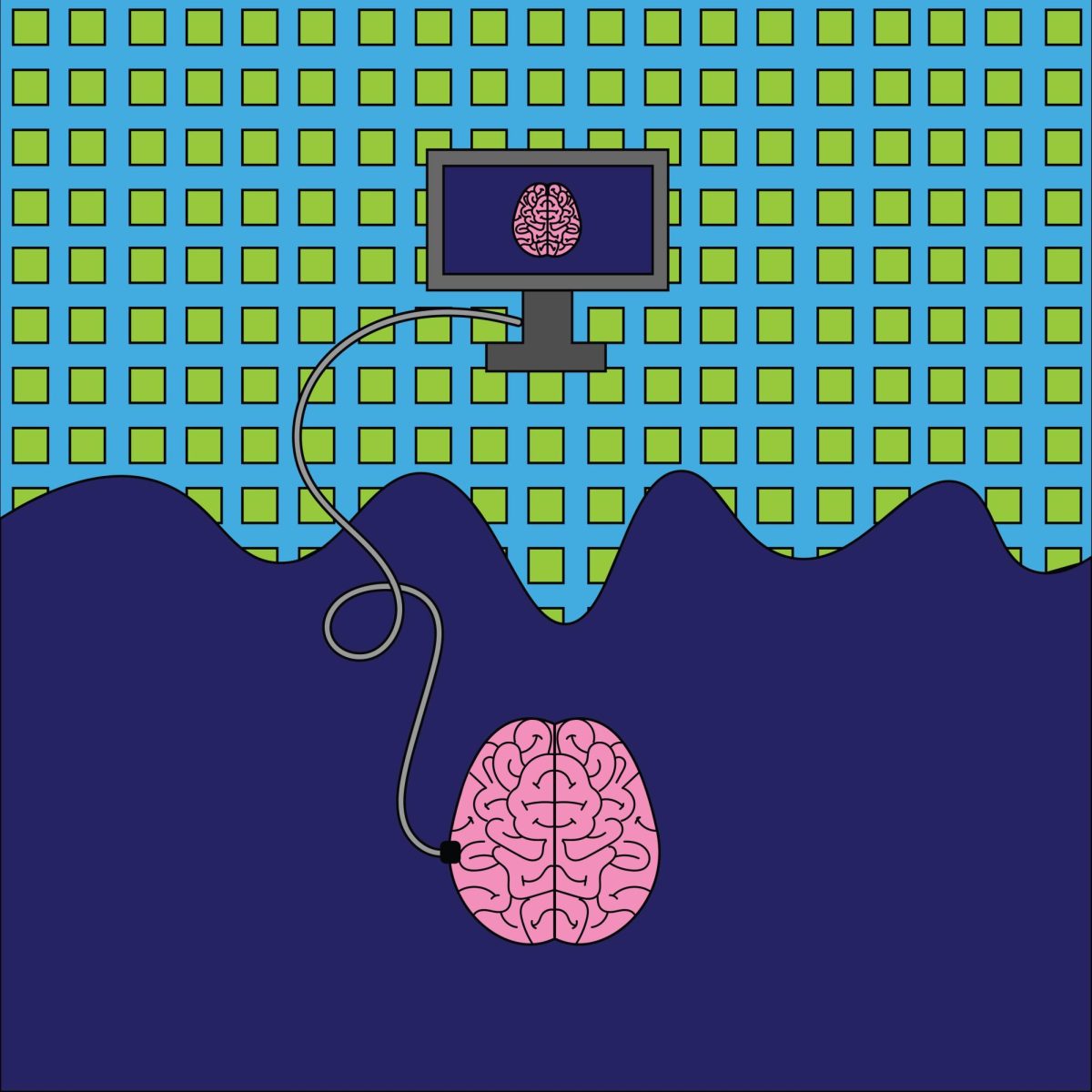For decades, University of Wisconsin students have been shifting local and state politics by sitting on the city council, participating in student government, pushing for change through activism and more. Madison, with the Wisconsin State Capitol at its heart, acts as a microcosm of the broader political gears that permeate the State of Wisconsin and shape the political careers of many.
The Madison Common Council forms the primary legislative body for the City of Madison and makes important decisions related to the police department, taxes, transportation and housing. Twenty alders, each representing a district in the city, comprise the city council, along with the mayor and council president.
UW alumnus Ald. Mike Verveer, District 4, has represented Madison’s downtown district for 25 years. While a student and member of the Associated Students of Madison, he said he helped establish the student bus pass program, one of his first acts of public service. Over the years, he has worked hard to represent downtown to the best of his ability and continue to serve his constituents.
In this sense, Verveer represents a continuing tradition of student politicians working through ASM and the city council to bring meaningful change to their community.
“UW students have always been and always will be a very significant and important part of the Madison community,” Verveer said. “So many of us, myself included, first came to Madison to study, fell in love with the community and never left. That was my story, a story that so many others have followed in Madison throughout its history.”
Formation of political identities
According to Verveer, the city council has a longstanding tradition of having a “student” seat on the council that represents the area largely composed of the university campus — specifically the residence halls. As the longest-serving member of the city council, Verveer has mentored several students elected to District 8, the student district.
“They have made for excellent colleagues, and I could name them all for every term that I have been on the council,” Verveer said. “They have contributed greatly to the discourse of the city council and have brought the very important student perspective to city decision-making.”
UW sophomore Max Prestigiacomo currently occupies the District 8 seat. In an interview with The Badger Herald, Prestigiacomo said other alders termed the District 8 seat as being a “wildcard” due to its characteristic feature of having almost an entirely student population.
“I think it breeds a certain type of political identity, and I think that identity tends to lean more progressive,” Prestigiacomo said.
Prestigiacomo was elected to the city council in the April 2020 election where he ran unopposed. Throughout high school, he advocated for climate change policy, and his time in the city council had a distinct focus on supporting the Black Lives Matter movement and legislation uplifting voices of Black, Indigenous and people of color.
In Madison, Prestigiacomo said UW students live and work in a political sphere with UW at its center. In effect, this drives a large amount of policy work that resonates throughout the state of Wisconsin.
The making of change
According to Prestigiacomo, UW students and faculty represent a large chunk of public testimony given at city council meetings, particularly because the university is a cog ingrained into the city, and many council decisions impact its students, staff and administration.
“I think what’s actually super important to point out is that academia, and the activism that runs on campus here, does fuel a lot of policy change,” Prestigiacomo said. “But as far as the student seat goes, I think it’s integral to what Madison is because the university is so intertwined with this idea of shared governance, and it’s really … something that I think actually manifests [in city government] rather than in ASM a lot of the times.”
During his time on the city council, Prestigiacomo has drafted or co-sponsored numerous successful pieces of legislation such as the ban on facial recognition technology used by the Madison Police Department, decriminalizing cannabis in Madison, advocating for better rent abatement policies and creation of the Police Civilian Oversight Board.
Neutral funding: Behind the ideologies that determine which student orgs get how much tuition money
These legislative actions not only impact UW students, but also the broader community. Despite spending most of his time working to pass successful resolutions, Prestigiacomo has also had legislation defeated, such as the resolution calling on the UW administration to make changes to their Smart Restart plan. Over the past semester, students, staff and community members alike have criticized the plan for not taking student input on policies and decisions that directly affect students.
According to Verveer, navigating city politics for a first-time alder can be challenging due to the large volume of information that has to be learned in a short amount of time. Prestigiacomo, who stepped into his role earlier this year, said he quickly realized how “frustrating” it can be to introduce progressive legislation into the council and see it shot down.
Shaping discourse
Student alders tend to bring progressive policies to the city council, and past alders have driven the policy agenda of the council simply by coming up with new ideas.
UW sophomore Reez Bailey, who is majoring in theater and political science, is running against Verveer in a bid for the District 4 seat. If Bailey wins, he would guarantee two student voices on the city council, which he said could change policy discourse at the city council completely by adding two student perspectives.
Verveer, however, said he is already an advocate for students in his district, as he’s supported progressive legislation such as asking UW to change its Smart Restart plan, decriminalizing cannabis, allowing those over 18 to enter establishments that serve alcohol and recently blocking additional funding for the MPD.
Bailey, whose campaign focuses on tackling homelessness issues, rent reform and defunding the police, said he is funding his campaign almost entirely off of donations — and by selling his vintage Pokémon card collection.
“It’s the belief of our campaign right now that city politics has become too polarized and political … and it’s my personal opinion that right now the city council isn’t doing a good job, coming together and setting aside their differences for the betterment of the people of Madison,” Bailey said.
For Bailey, politics and personal agendas have gotten in the way of the better development of the city, and he hopes his campaign can address that should it ultimately result in his victory.
Reclaiming Saturday: Students reinvigorate volunteer efforts across campus
In addition to raising the minimum wage in Madison, Bailey’s campaign places heavy emphasis on police reform. When it comes to the Civilian Oversight Board, he is interested in giving the board “a little more teeth.”
According to Bailey, the issue lies in the fact that the oversight board currently has no say in disciplinary actions. Should he be elected, Bailey would work on giving the board the authority to make the Police and Fire Commission — the sole body that determines disciplinary issues — reevaluate a disciplinary sentence.
“I think that there are definitely outside interests involved in city politics, and I think that that can be just a byproduct of people being in local politics for a long time getting to know other individuals,” Bailey said. “One of the benefits to my own personal position is that would I be elected, I wouldn’t have any established relationships with any local officials or local lobbyists, or local organizations, and I would be able to separate my personal feelings about people from the issues at hand.”
Bailey said he wants to be a progressive voice on the city council and introduce forward-thinking politics. Moreover, he emphasized that he wants to be transparent as an alder and ensure his constituents are aware of why legislation failed and why a certain problem was not fixed.
If an “outside” organization or its representative approaches the city council to lobby on behalf of a special interest group, Bailey said he wants to ensure that his constituents are aware of it.
“I want to make sure that everybody in District 4 knows who I meet with, when I meet with them, what I talk about with them, what they want from me,” Bailey said. “I want to make sure that anybody in District 4 has the power to call me up and just tell me how they feel about something. And that might not change how I vote on issues or what policies I introduced, but they still have the right to lobby me or talk to me, or just feel like I’m connected with them.”
Providing greater transparency at the individual level is a distinct starting point for Bailey and other progressive candidates for the city council. Yet, in the minds of certain alders, more institutional reforms are necessary to make the council work best for the communities it governs.
“It’s institutionalized that personal comfortability is placed above everything else, and I’m just used to it, though, at this point,” Prestigiacomo said. “You literally witnessed it first hand [during the 2021 budget deliberations] where you almost are gaslighted because they try to laugh it off or act like they’re in the right, and it’s frustrating … and hopefully, that evolves and the restructuring of government helps a little bit.”
Restructuring representation
The city council is restricted by the Wisconsin state statute, which ties alders’ hands and makes it hard for them to push forward progressive reforms in Madison, Prestigiacomo said. Yet, it is not the only potential stumbling block alders face when it comes to representing their constituents’ demands to the best of their ability.
UW student Avra Reddy, elected in 2019, was the first BIPOC person to hold the District 8 seat in history, underscoring the lack of diversity in student representation — just one of the many problems that are inherently built into the city council’s structure.
A Swing State: During COVID-19, UW student groups change tactics to get youth out to vote
The City of Madison Task Force on Government Structure concluded that the election ballot for the city council elections in spring 2021 should have two additional questions — decreasing the size of the city council by half and increasing the term length for alders, which would result in a quadrupling of their yearly salary and make it a full-time position rather than part-time as it is now.
In effect, this would eliminate student representation on the city council and has been opposed by Verveer and Prestigiacomo.
UW students make up approximately 45,000 members of the greater Madison population. According to Verveer, this constitutes a distinct community within the broader Madison community that deserves to have their voices heard.
“There are current efforts to actually shrink the size of the city council, and I’m very concerned that if those are successful, the voice of students will be greatly diminished on the city council and the government generally,” Verveer said. “I oppose those efforts, and for that reason I am worried that our long tradition of having a university undergraduate or recent undergraduate on the council would come to a halt.”
The restructuring is controversial, particularly because former student alders have noticed that many decisions pertaining to students have been made by the city council without much student involvement.
“People don’t pay attention to local politics, and to be honest, that’s not really their fault. A lot of local politics don’t enjoy being paid attention to,” Bailey said. “And that’s messed up because the biggest changes in government — the changes that are gonna affect you the most — happen at the local level, they don’t happen in the White House, they don’t happen in Congress, they happen at your city hall meetings, and it’s going on right under your nose.”
Prestigiacomo believes the council should focus on larger, broad-picture structural changes such as how the city council epitomizes upper-class progressivism and the class divide. Moreover, he thinks students who run for city and student government positions do not wholly represent the campus population, mainly because those who run for such positions are “privileged.”
“When UW and people say that they’re talking to people and engaging in shared governance, I’d say it’s really like a little bit of a cover up for deep-rooted inequity, and all you have to do to test that is the fact that UW still doesn’t address the 1969 Black student strike,” Prestigiacomo said.
“I think that it’s a skewed representation that places the needs of our most marginalized communities at an equal level with hate speech and bigotry and ignorance,” Prestigiacomo said. “And privileged white students on campus would rather have a good time than actually see their classmates be able to live a dignified life and feel safe on campus.”
Prestigiacomo recently announced that he will not be running for re-election this spring, paving the way for BIPOC community activists and UW students Juliana Bennett and Ayomi Obuseh to run for the District 8 seat, one that uniquely guarantees a student alder and shapes much of the city council discourse we see today.


